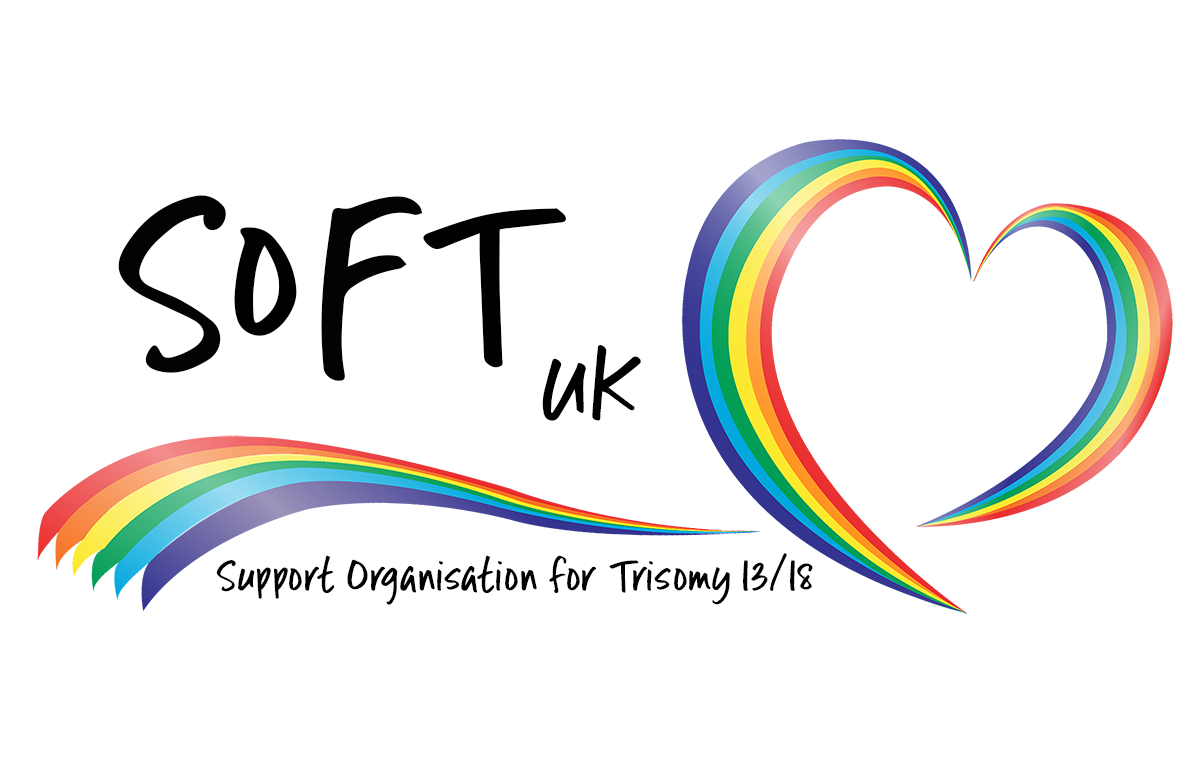What Is Grief? The Emotional and Physical Impact of Loss
Grief is a natural response to loss, deeply personal and unique to every individual. Whether it stems from the death of a loved one, the loss of a pregnancy, or another life-altering event, grief affects us emotionally, mentally, and physically. For many, it can be an overwhelming experience, yet it is also a crucial part of healing and adjusting to a new reality.
This article aims to help you understand grief, its emotional and physical effects, and ways to navigate this difficult journey.
What Is Grief?
Grief is the emotional reaction to loss, encompassing a wide range of feelings and thoughts. While most often associated with death, grief can occur in response to any significant change.
Grief is not a linear process. There is no “right” way to grieve, and people experience it differently depending on their personality, culture, and circumstances.
The Emotional Impact of Grief
Grief can evoke powerful emotions, which may change daily or even hourly. Some common emotional responses include:
Sadness and despair: Feeling an intense sense of emptiness or longing.
Anger: Feeling frustrated at the situation, others, or even yourself.
Guilt: Wishing you had done things differently or blaming yourself for the loss.
Shock and disbelief: Struggling to accept that the loss has occurred.
Relief: In some cases, such as after a long illness, relief may accompany grief.
It's important to acknowledge these feelings rather than suppress them. They are a normal and necessary part of the grieving process.
The Physical Impact of Grief
Grief doesn’t just affect your emotions; it can also take a toll on your body. Some physical symptoms include:
Fatigue: Feeling drained, even after resting.
Sleep disturbances: Trouble falling asleep, staying asleep, or oversleeping.
Changes in appetite: Eating too much or too little.
Weakened immunity: Becoming more susceptible to illnesses.
Aches and pains: Experiencing headaches, stomachaches, or muscle tension.
These physical effects can sometimes be surprising and may make the grieving process even more challenging.
The Stages of Grief
The stages of grief, often attributed to the Kübler-Ross model, include denial, anger, bargaining, depression, and acceptance. However, these stages are not linear. You might move back and forth between them or experience them in a different order.
Coping with Grief
While grief is deeply personal, the following strategies may help you navigate the journey:
Seek support: Share your feelings with trusted friends, family members, or a support group. Connecting with others who have experienced similar losses can be especially comforting.
Allow yourself to grieve: Give yourself permission to feel and express your emotions without judgment.
Take care of your physical health: Eat well, rest, and engage in light physical activities like walking.
Create a routine: Having a structure to your day can provide a sense of stability.
Seek professional help: If grief feels unbearable or prolonged, consider reaching out to a counselor or therapist.
When to Seek Help
While grief is a natural process, it can sometimes lead to complications, such as prolonged or complicated grief, which can interfere with daily life. If you experience persistent feelings of hopelessness, difficulty functioning, or thoughts of self-harm, please seek professional help immediately.
Grief is a deeply personal journey that no one should face alone. SOFT UK is here to provide support and resources for families and individuals navigating the pain of loss. Remember, healing takes time, and it’s okay to seek help and take things one step at a time.
For more information about how we can support you, please email: support@soft.org.uk
You are not alone, and support is always available.
